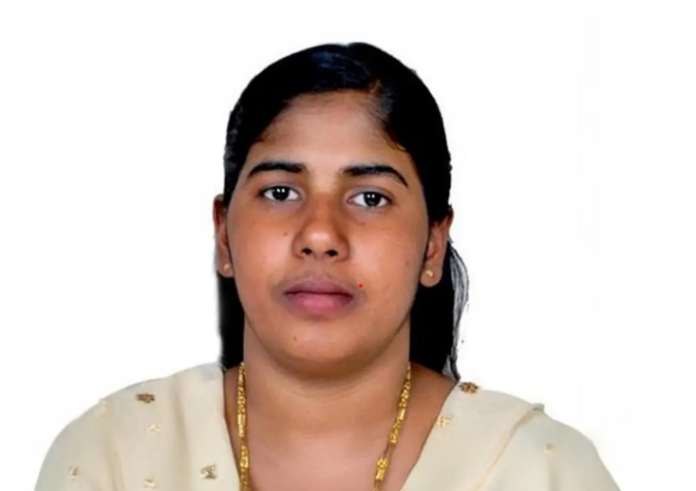Nimisha Priya, an Indian nurse sentenced to death in Yemen for the alleged murder of Yemeni national Talal Abdo Mahdi, faces the grim possibility of execution within a month following the recent confirmation of her sentence by Yemeni President Rashad al-Alimi. Her family, however, clings to hope that a resolution through blood money might save her life.
Nimisha’s 13-year-old daughter, separated from her mother since infancy, yearns for her return. “I believe my mother will come back to me,” she said, expressing her hope for clemency through the intervention of Indian and Yemeni authorities.
Years of Legal Battles and Allegations of Abuse
Nimisha, a trained nurse from Kerala’s Palakkad district, moved to Yemen in 2012 with her husband, Tomy Thomas, and their daughter. After returning to India briefly in 2014, she returned to Yemen in 2015 to set up a clinic with Talal Abdo Mahdi, who became her business partner under Yemeni law.
Family members allege that Mahdi harassed and abused Nimisha, seizing her passport to prevent her from leaving Yemen. According to Tomy, Mahdi manipulated documents to claim ownership of the clinic and threatened Nimisha at gunpoint. “He even altered a family photograph to falsely claim he was her husband,” Tomy stated, refuting rumors spread by some media outlets.
In 2017, while attempting to retrieve her passport and flee Yemen, Nimisha reportedly tried to sedate Mahdi. Her family claims that the sedative caused Mahdi’s death due to his drug abuse. Yemeni authorities arrested Nimisha and charged her with murder, leading to her death sentence in 2018.
Efforts to save Nimisha’s life hinge on securing a pardon from Mahdi’s family through the payment of “diya,” or blood money, an option recognized under Yemeni law. Nimisha’s mother, Prema Kumari, has been negotiating in Yemen with the support of the Save Nimisha Priya International Action Council, a group of NRI social workers.
“We are ready to offer blood money to bring her home,” said Tomy, who works as a daily wage laborer and autorickshaw driver. The family has sold their home and incurred debts totaling ₹60 lakh to fund the case and sustain themselves.
The Indian Ministry of External Affairs (MEA) has pledged support for Nimisha’s case. “We are aware of the sentencing and are extending all possible help,” said MEA spokesperson Randhir Jaiswal.
However, the situation remains precarious. Yemen’s ongoing conflict and the Israel-Hamas war have delayed negotiations. Despite these challenges, the family remains hopeful. “I refuse to give up. I believe we will reach an agreement,” said Tomy.
Nimisha, who has spent nearly seven years in jail, frequently asks about her daughter during phone calls, her family said. “She longs to reunite with us as a family,” Tomy added.
With time running out, the family is appealing to Indian authorities, international organizations, and Yemeni tribal leaders for urgent intervention. As they await a breakthrough, Nimisha’s daughter holds onto her belief that her mother will be home soon.
“We need her. She is innocent. We just want to live as a family again,” Tomy said, his voice trembling with emotion.



